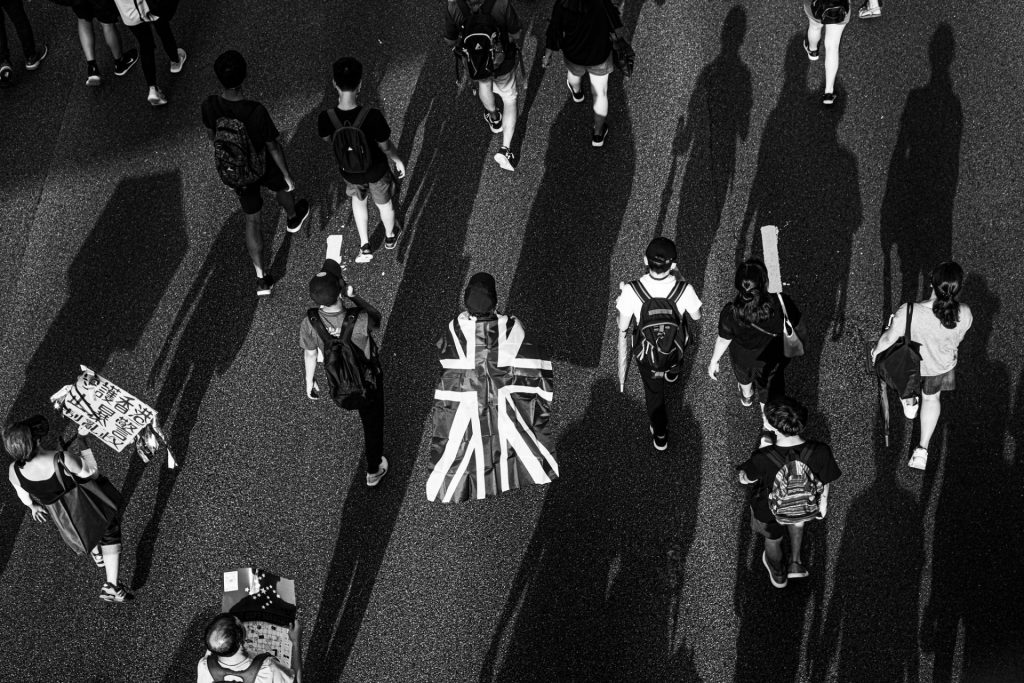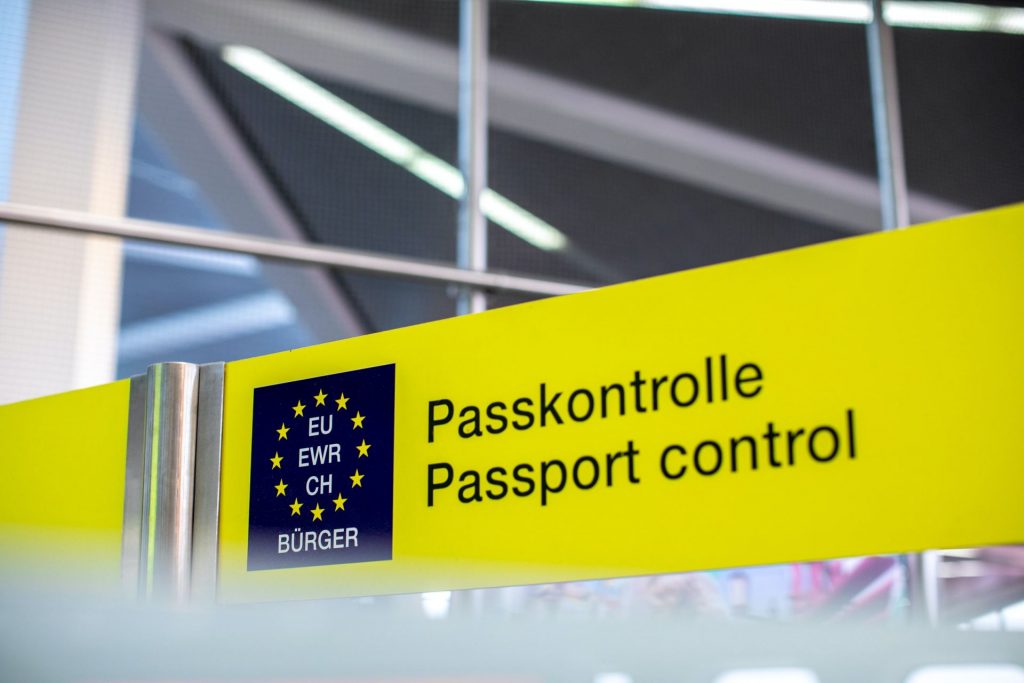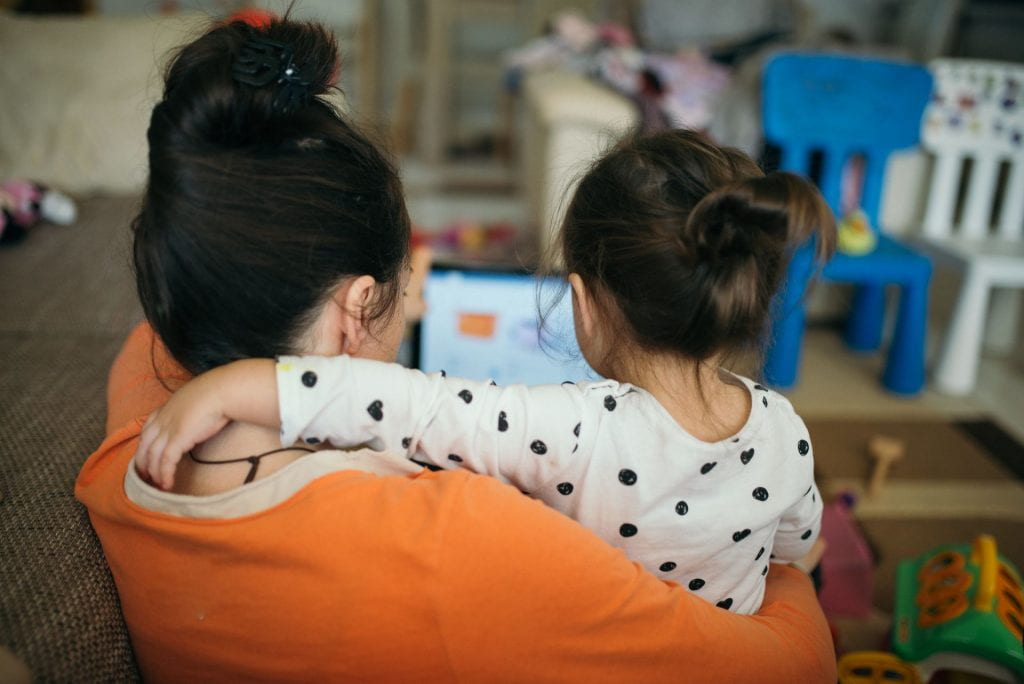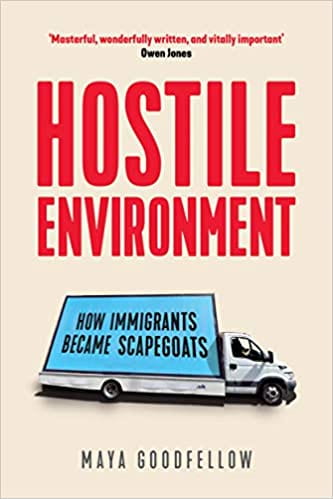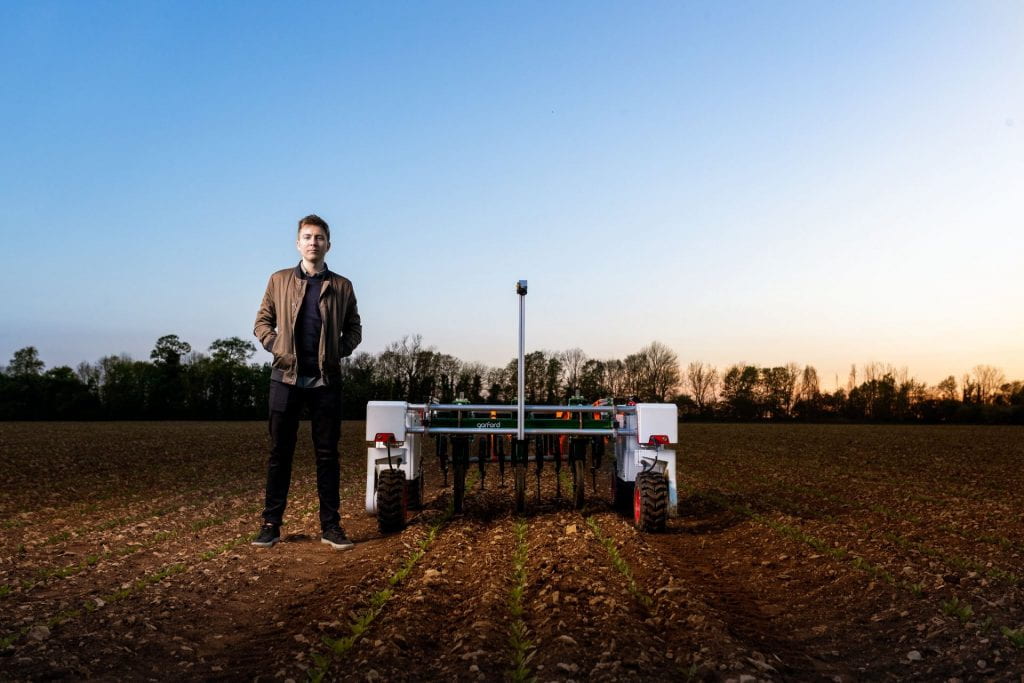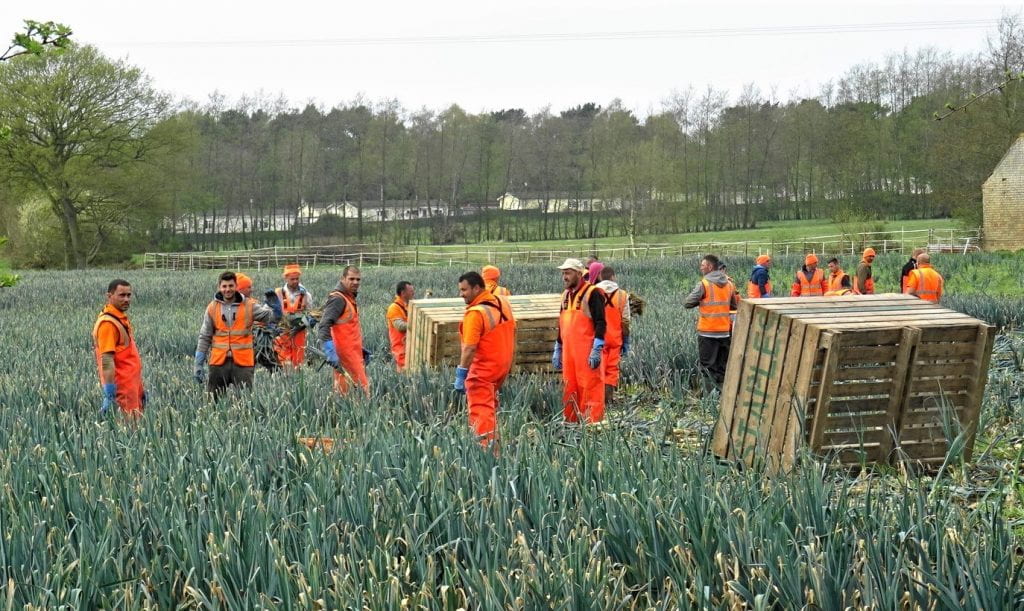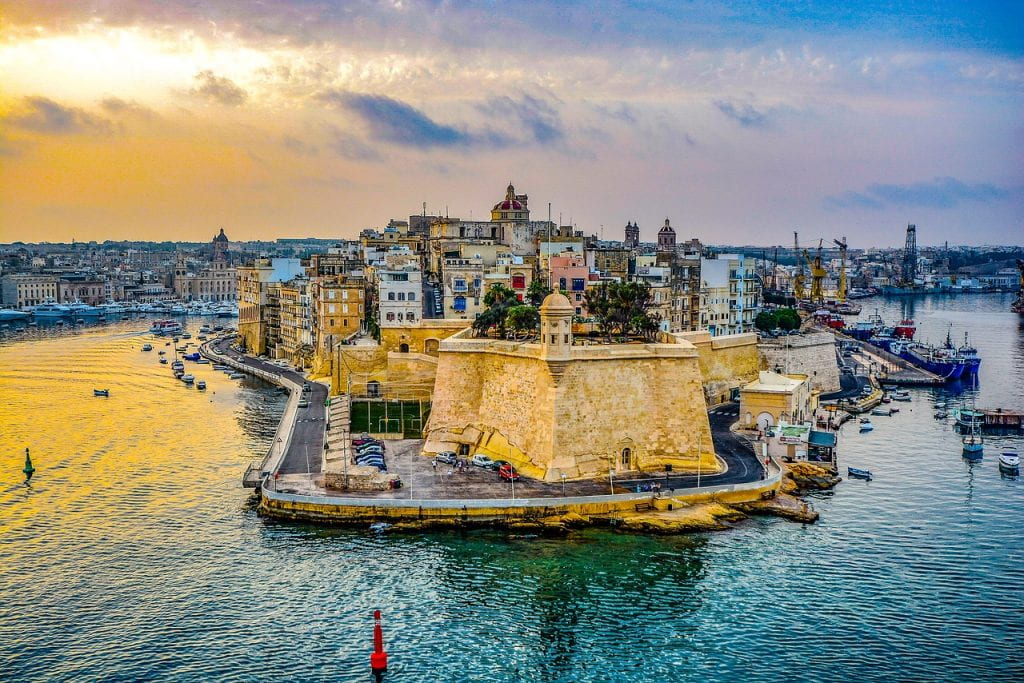By Vicky Canning.
The acknowledgement that asylum systems across Europe are ‘hostile environments’ for migrant groups has increased in academic and practitioner consciousness, particularly in the aftermath of the 2015 refugee reception crisis. However, although the impacts of socio-political hostilities on migrants are well documented, little has been written about the implications of border restrictions on practitioners working with refugee populations. In recent years I have led a research project that expands the focus of hostilities to consider the variable impacts of intensified bordering practices on this group.
Based on qualitative research across Britain, Denmark, and Sweden (2016–2018), the project highlights that increasingly restrictive or punitive approaches to immigration have had multiple negative effects on practitioners in this sector. This has potential for longer term negative impacts on the practitioners themselves, but also – importantly – on refugee populations who require various forms of legal aid, or social and psychological support. The working conditions of practitioners is often reflected in the standard of care that they are able to offer. Vicarious trauma and compassion fatigue are two of the most commonly cited problems. Importantly, and as this blog addresses, this research indicates that practitioners are facing new and serious problems working in this area, many of which are direct outcomes of the intensification of Northern European border regimes.
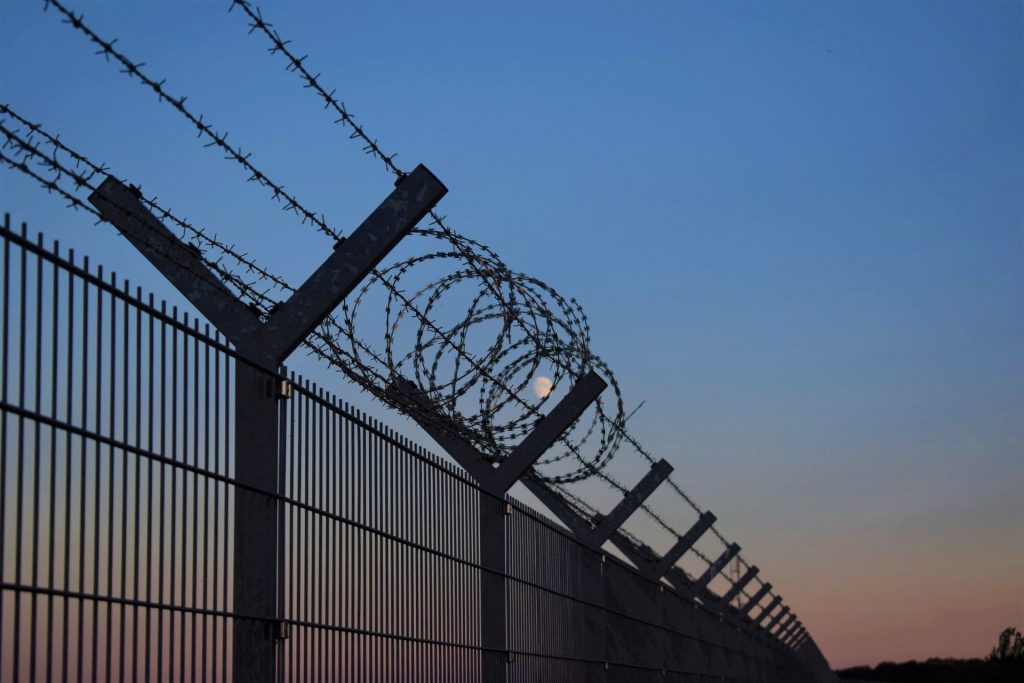
Emotional and workplace impacts on practitioners
Interviews with practitioners indicate that increasingly restrictive or punitive approaches to immigration have had multiple effects on those working in this sector. One stark issue highlighted by lawyers, psychologists, detention custody officers and support workers is that they felt their ability to effectively perform their own role well has been compromised. Some indicated increasing levels of stress and, in Sweden in particular (a strong state centric welfare model), a decreased faith in state and state decisions. Terms such as ‘powerless’ and ‘stress’ were included in practitioners’ responses to questions about the impacts of escalated harms in asylum – in particular, when they felt they could support people seeking asylum while being held in an indefinite state of uncertainty or crisis.
Keeping up to date with the workings of the asylum process is increasingly difficult at a time when laws and policies are changing regularly, thus affecting the rights or welfare entitlements that people seeking asylum can access. This is particularly difficult for practitioners who are working with refugee groups to provide humanitarian assistance, as they find themselves in positions where they are implementing laws they cannot agree with. Those working with survivors of trauma or sexual violence raised concerns about their client’s inability to focus on therapy or integration programmes due to risk of dispersal or other illnesses getting worse. People seeking asylum can be more concerned with pressing issues arising in the immediate future, such as the threat of homelessness, fear of detention or deportation, or concern for family and friends still residing in areas of conflict or migrating across borders.
The trend towards disempowerment
Practitioners also highlighted feelings and experiences ranging from sadness or upset to disempowerment and hopelessness. People working in a deportation centre in Denmark felt dismay at the lack of clarity regarding the expectations of their role and that their participation did not always have a positive impact:
‘I had days when I went home thinking that today I was definitely a part of the problem, not the solution, today my presence here was a band aid at best but the patient’s haemorrhaging and I’m not actually doing what I’m supposed to be doing.’
In some places, the limits to the support that practitioners are able to provide are not only affected by economic resources but also managerial and policy decisions on what is or is not allowed. As one nurse in an immigration detention centre reflected, ‘You want to do more than you are allowed; you are not allowed to.’
The emotional effects of seeing people living in avoidable and degrading circumstances are also clear. Many felt that cuts to staffing or services reduced their ability to offer adequate support, as one women’s support worker in Scotland indicated, ‘It really is crippling ‘cause we can’t meet the needs. Literally turning people away every day who are in crisis, so that is awful.’ Shortly after this interview, in 2016, the interviewee contacted me to say their role had been removed. To date, it has not been replaced.
Breaking trust
Finally, this research found that impacts on practitioners are exacerbated by increasing mistrust between people seeking asylum and governmental and non-governmental organisations, particularly in the UK and Sweden. For others, the emotional impacts of witnessing the degradation of people seeking asylum were palpable, as a social worker in the North West of England suggests:
‘Sometimes we need to separate our feelings away from the client, but for the first time since I have worked in this field I felt as if I was about to cry when I went to the hospital because I’ve never seen somebody who has been neglected by the system like this woman I came across, because you don’t treat people like this, this is unacceptable in 21st century Britain’.
Practitioners often alluded to a loss of faith in humanitarianism in their respective states. One torture rehabilitation director remarked that, ‘they’re testing this unfortunately, a social experiment, how far they can get with their whip’, while a barrister in London questioned the rationale of governmental agendas, asking ‘Even if you accept the premise that migration is a problem and needs to be reduced, why don’t you wait to see what the last set of bad laws did before you bring in the next of the bad laws?’
In Sweden, a typically state centric nation, the impacts of this increasing mistrust were strengthened with the introduction of the REVA Project – a collaboration between Swedish Police, the Migration Agency and prison service that targets people suspected of living illegally in Sweden in order to speed up detection and deportation – which has received subsequent criticism for racism (see Barker 2017).
Migrant groups and practitioners are therefore left in precarious positions: anyone without documentation or who is awaiting the outcome of an asylum claim may be subject to arrest and possible detention or deportation, while some practitioners simultaneously lose faith in governmental agendas and face reduced capacity to undertake their role due to external pressures.
In the UK, the Nationality and Borders Bill, now in the House of Lords for readings after being debated for only nine minutes in the House of Commons, will inevitably continue this trend, creating an ever more hostile environment towards migrants and in which practitioners working with refugee populations have to operate, a trend I have previously critiqued as degradation by design.



